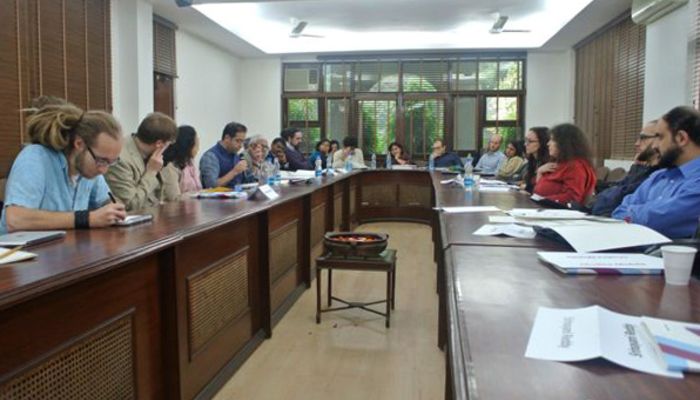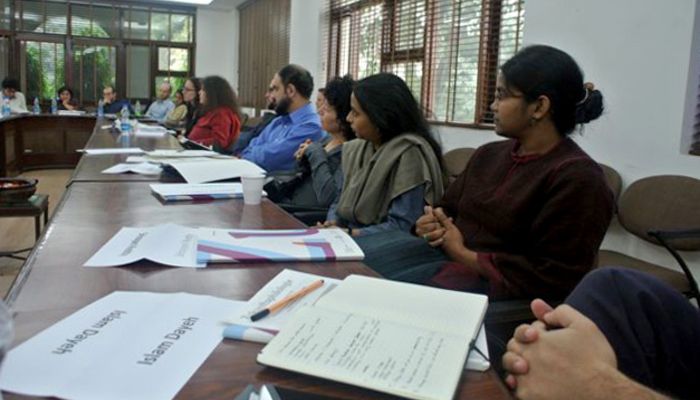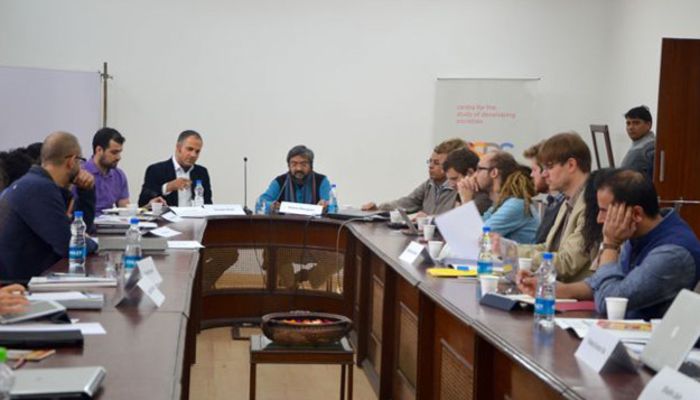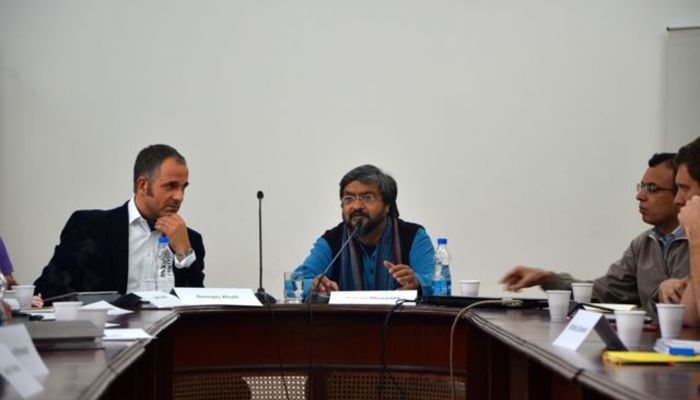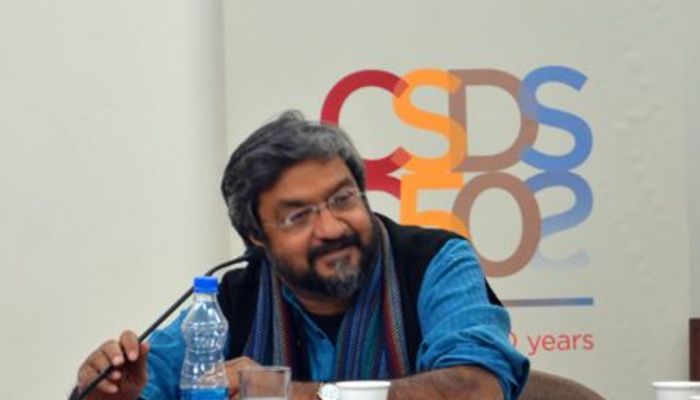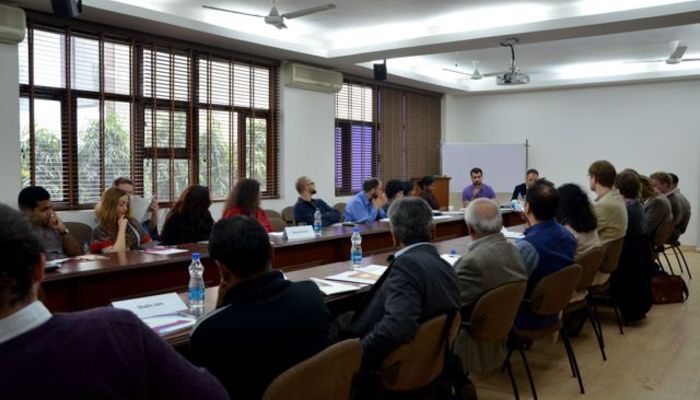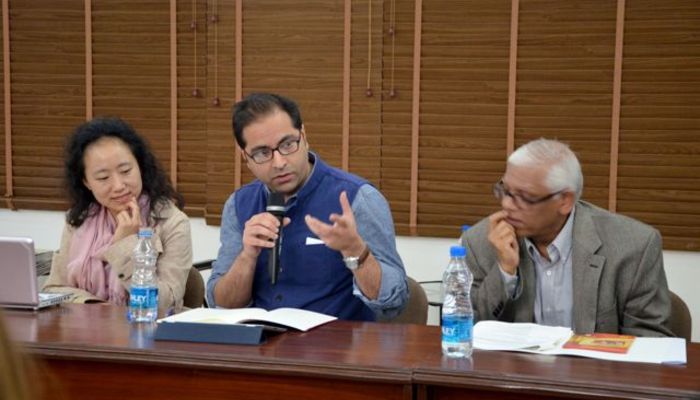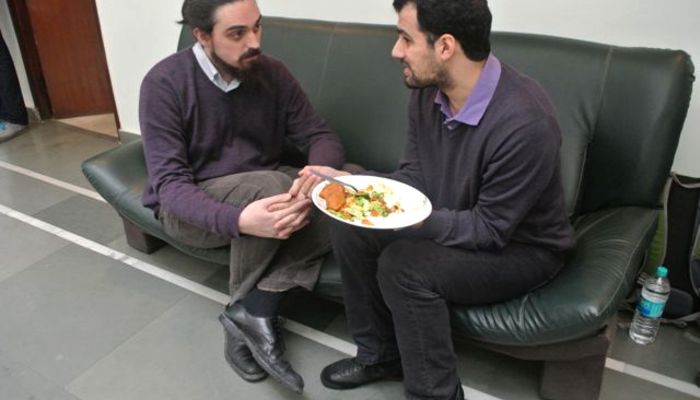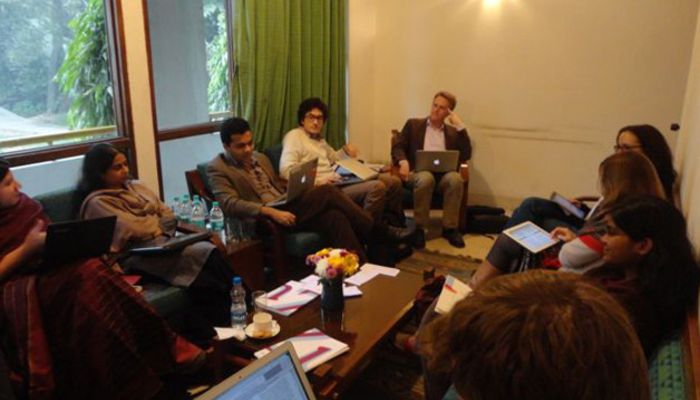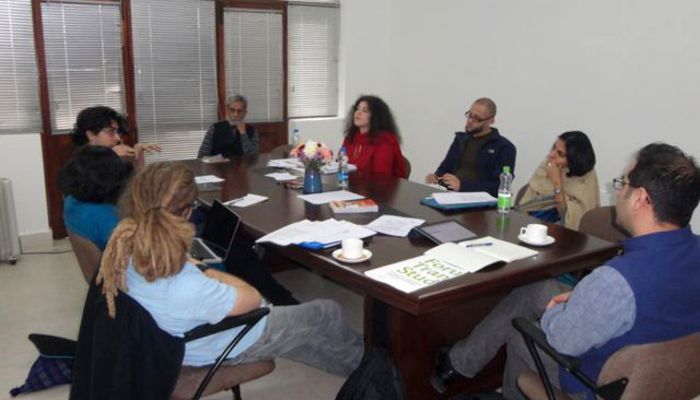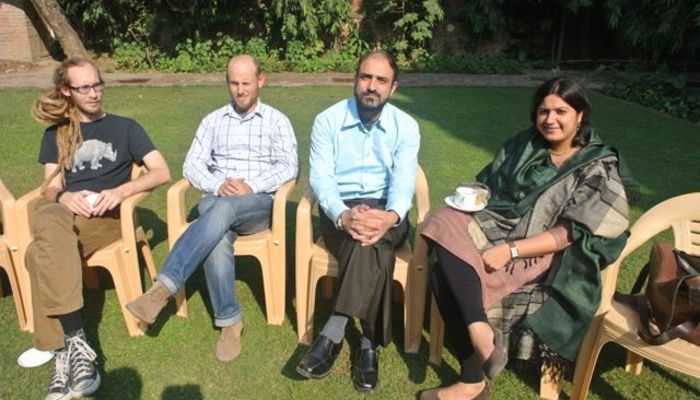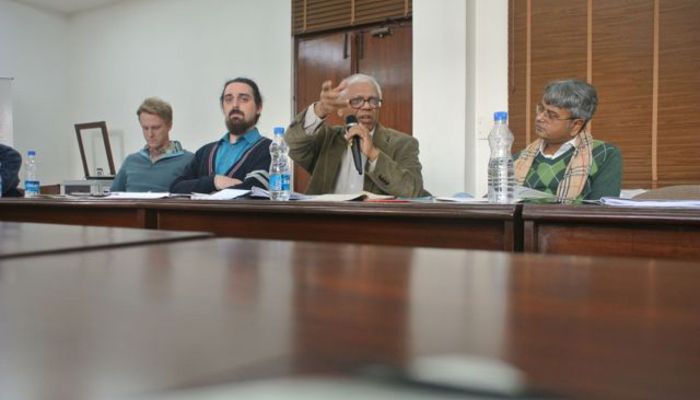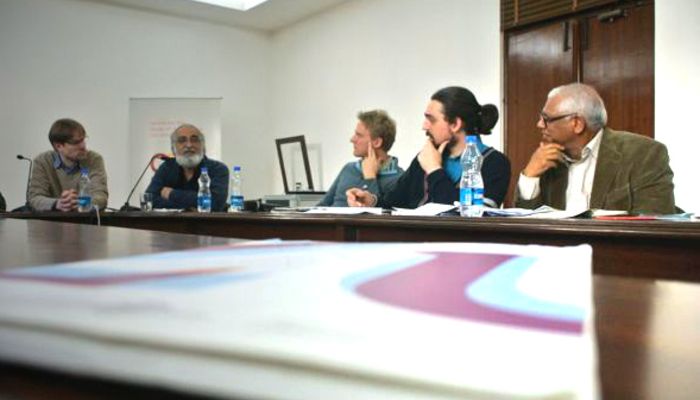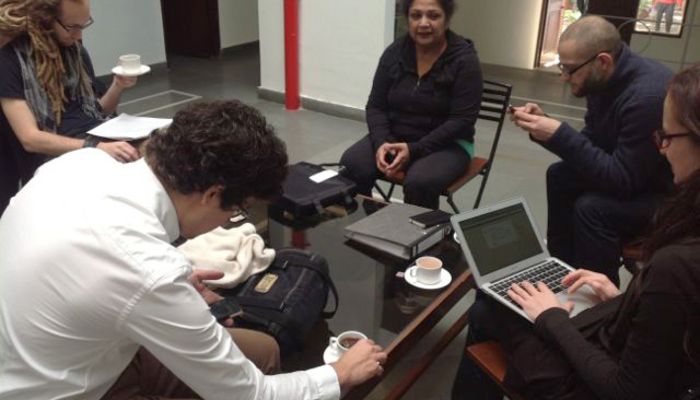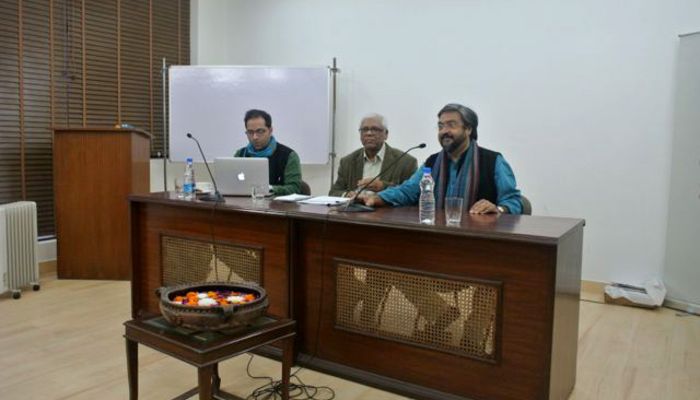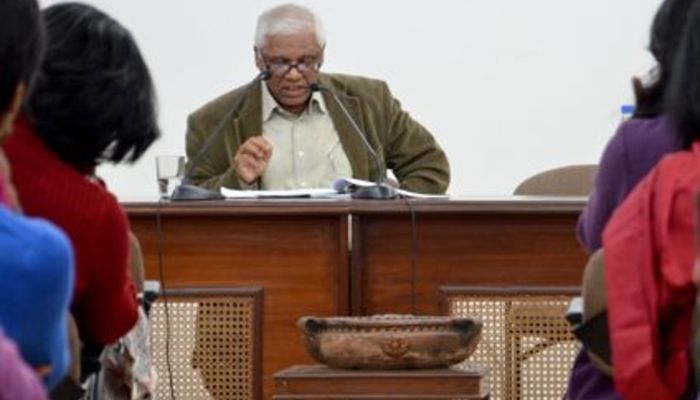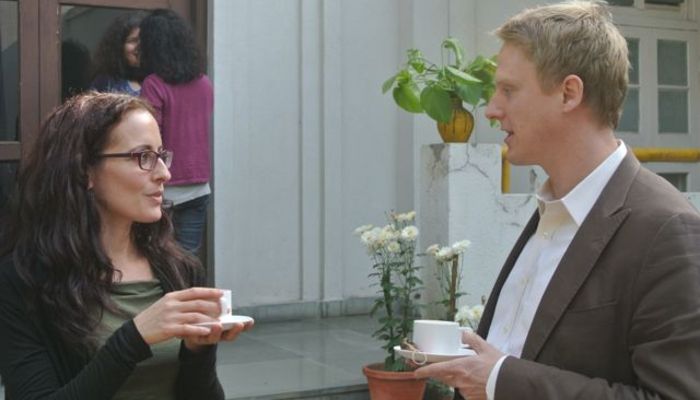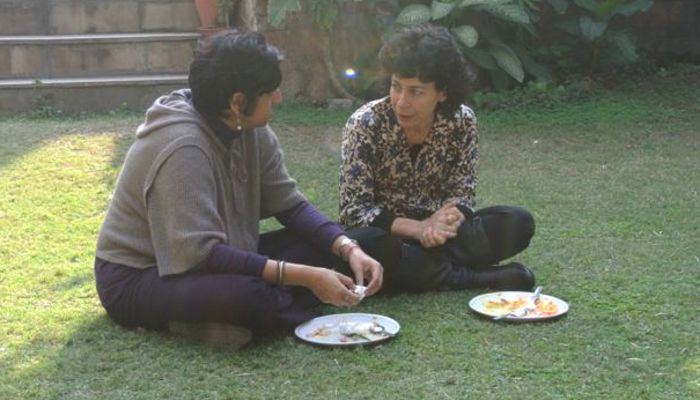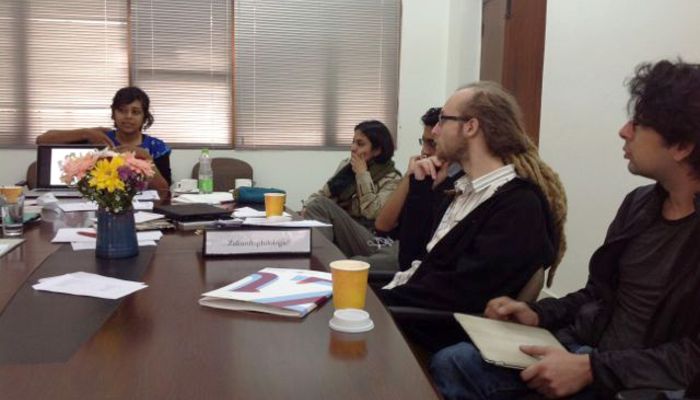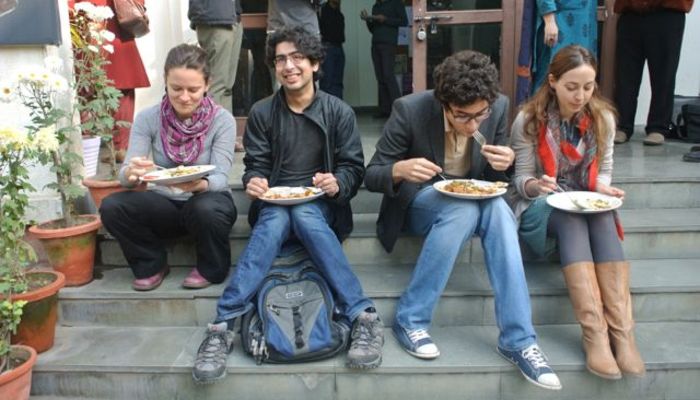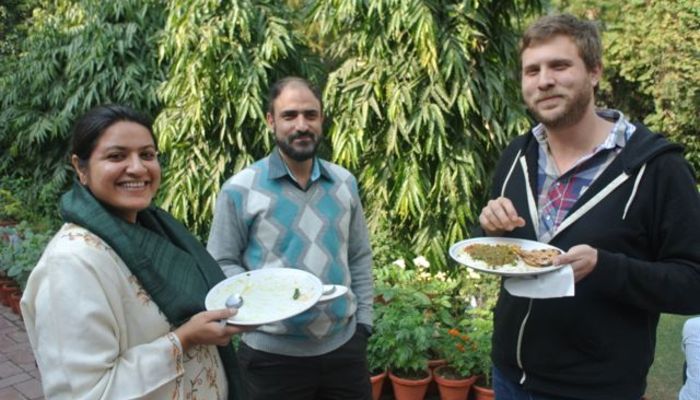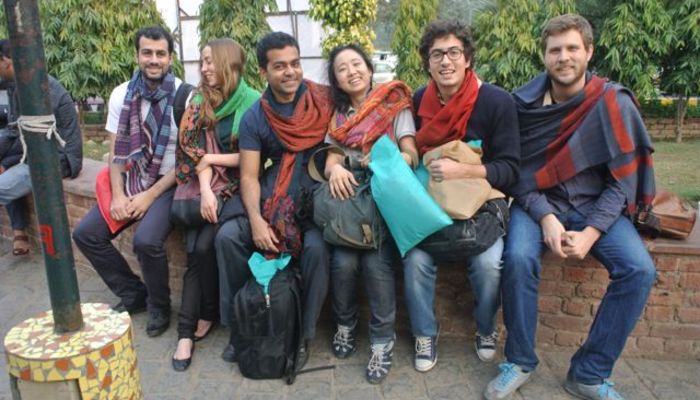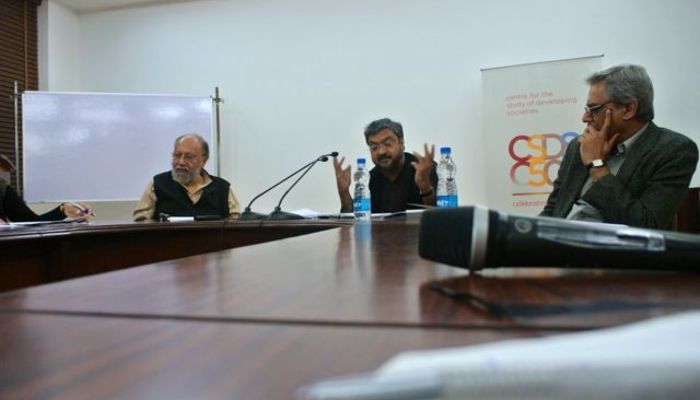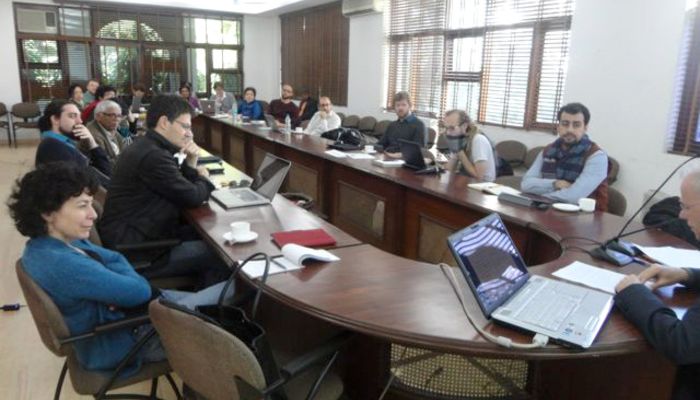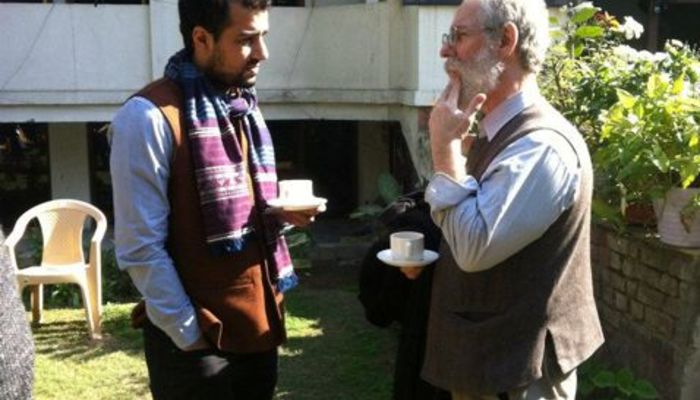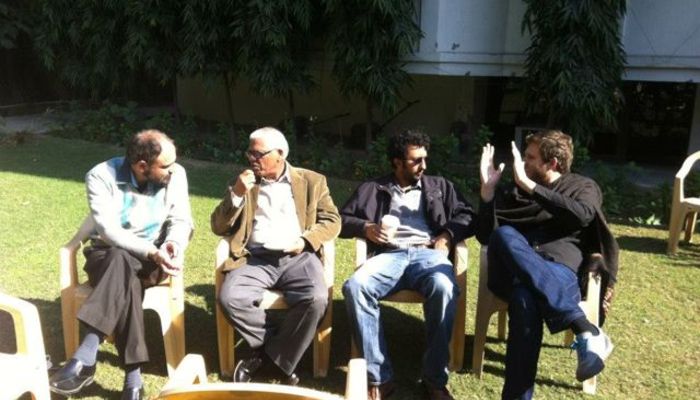The Delhi winter school builds on the success of Zukunftsphilologie’s first winter school held in Cairo, December 2010 on “Textual Practices Beyond Europe: 1500-1900”. The Cairo winter school focused mainly on the recovery and recuperation of instances of marginalized textual practices beyond Europe at a time of vast European imperial expansion, formations of national canons and in the context of the disciplinary history of Orientalism. The 2012 Delhi winter school, "Philologies Across the Asias",will further this research program by shedding light on the mobility of texts, languages and textual practices across the cultural geographies of Asia - focusing on Arabic, Syriac, Armenian, Turkish, Sanskrit, Persian, Urdu, Chinese, Japanese, Malay, Tamil, the vernaculars across India and East Asia, among other linguistic and cultural realms.
This particular emphasis on cross-Asian philological and intellectual relations is not to undermine European encounters with Asia, but rather to consciously provincialise it, and thereby to approach it as one among many historical experiences of Asia. The fundamental question that we ask is: how could a history of Asia without Europe as its single point of reference actually look like? How was, for example, seventh and eighth century Greco-Syriac-Arabic literary culture viewed by Indo-Persian intellectuals in the early modern period? What role did Arabic script or Arabic intellectual traditions play across various locations - from the Mediterranean to the Malay world - to help bring about a sense of intellectual cosmopolitanism. Looking at any exemplary Ottoman or Chinese literary scholar in the early modern period, what can we deduce about the linguistic tools and methodologies at their disposal. What theories and notions of history, of language, and of cultural heritage determined their vision of translation and transformation from one register to another? What was at stake, in these movements across Asia? Where modern scholarship has looked at ancient or early medieval forms of politico-linguistic encounters - in the Late Antiquity of the Near East or the Renaissance of tenth century Baghdad, we have yet to grapple with the ways in which texts, materials, and methodologies of philological encounters shaped the ideas of self and community in the early modern period. The rise of vernaculars and colloquial writing from the courtly cultures and urban spaces of such places like Vijayanagar, Aceh, Seoul, Istanbul and Damascus created new scribal practices, new imaginations of cultural spread and hegemonies, and new ways of opening the world to text and vice versa.
The role of these vernaculars in facilitating modes of translation in the philological practices across Asia will be a key concern of the winter school. Our focus will be on the historical and cultural dimension of philological practices, to underline the ways in which textual culture (formation of archives, circulation of manuscripts, consolidation of expertise), political economy (rise of regional powers and patronly courts), and cultural imagination (a valence and value to the role of knowledge and knowledge systems) informed and governed Asian worlds prior to and during European colonial encounters.
By situating such practices in the larger context of the global histories of Asia and the complex geographies and polities that formed it, a doubly necessary discursive and historiographical move is intended: to disrupt any lingering notions of a monolithic Asia fabricated by western imperial imagination, and to challenge any assumption that philological knowledge originated in Europe and traveled - via the Colonial encounter - to Asia. Asias, in the plural, therefore, refers to the countless geographical locations, landscapes and seascapes, maps, boundaries and frontiers that make up territorial Asia, and it also refers to the countless number of representations, imaginations and historiographies that continue to shape its contours and delineate its differences.
The winter school will engage in a transregional and historical perspective that transcends current national, colonial, religious and ethnic boundaries, real and imagined. This will be carried out by bringing together the expertise of scholars of various textual cultures to explore the ways in which Asia can be properly seen as a variegated, complex, and entangled whole. The winter school aims to explore the early modern interconnections and entanglements of the Asias through an investigation of the philologies that connected them and also brought them apart.
Winter School program (PDF)
Winter School report by Islam Dayeh and Whitney Cox, May 2013 (PDF)


